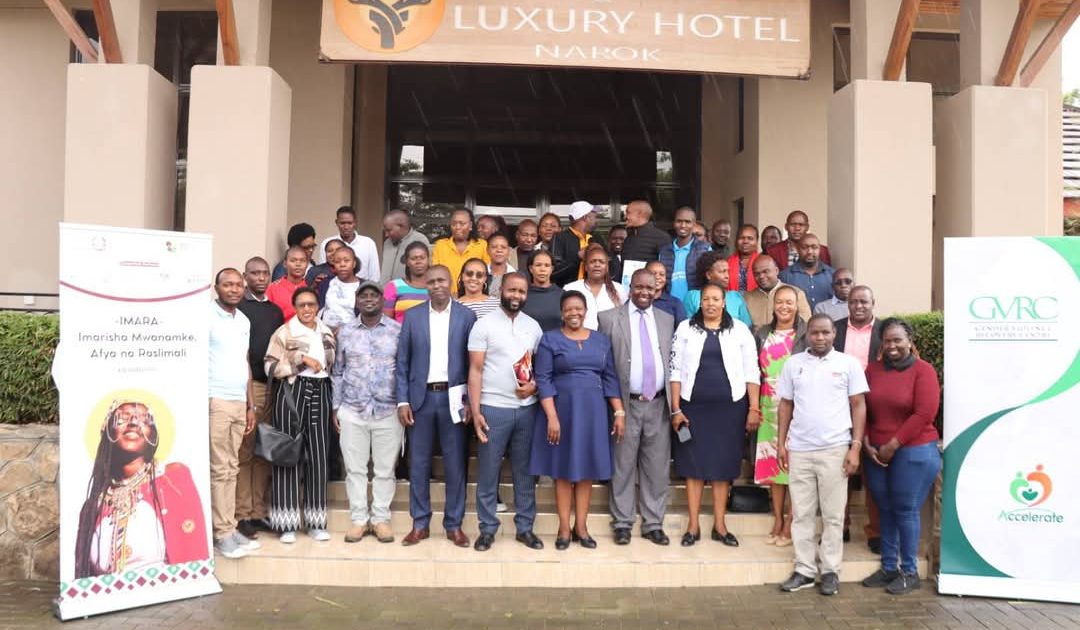Narok County has officially adopted the Anti-FGM Policy Implementation Matrix, a crucial step in reinforcing the fight against Female Genital Mutilation (FGM).
This follows the development and launch of the county’s Anti-FGM and Gender Policies in 2022.
The County Department of Gender, in collaboration with the County Gender Technical Working Group, developed the matrix to provide clear guidelines for policy implementation.
During the adoption forum, Members of the County Assembly (MCAs) were briefed on the policy framework and its objectives.
Robert Simotwo, County Executive Committee Member for Gender, commended the MCAs for their role in passing and supporting gender-related policies.
“Your leadership in advocacy is crucial in eliminating FGM within our communities,” he stated.
Jefferson Langat, Chair of the County Gender Committee, reaffirmed his commitment to supporting the Anti-FGM Policy Matrix, lauding stakeholders for their dedication to eradicating the harmful practice.
Chairperson of the Anti-FGM Committee, Ipato Surum, condemned FGM as outdated and illegal, cautioning against the economic empowerment of perpetrators.
“This could lead to medicalization, making FGM more secretive and dangerous,” she warned.
Reports indicate that Narok County had a high FGM prevalence of 78% in 2014. While this has declined to 51% in 2022 and currently stands at 22% in remote areas, the fight against FGM remains urgent.
FGM contributes to early marriages and other harmful practices, which institutions of goodwill and the government continue to combat.
The forum received support from We-World, the Gender Violence Recovery Centre (GVRC), Kakenya’s Dream, and Amref Health Africa.
By Lamech Willy.A





